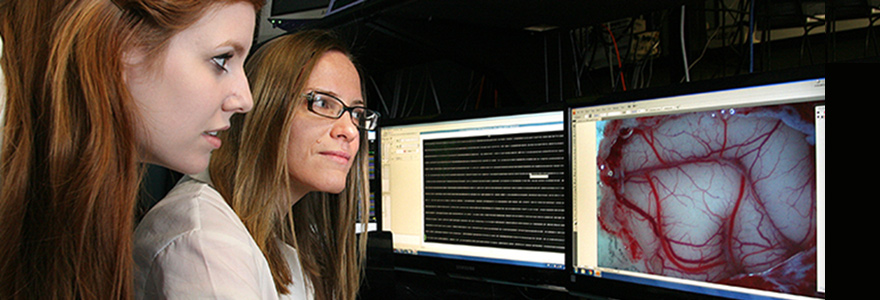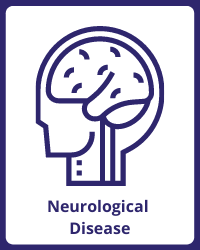Neurological Health & Disease

Our cognition, how we think and feel, is arguably at the core of what makes us human. How does the activity of neurons within the brain produce emotions, thoughts and complex behaviours? To tackle this question requires understanding how the nervous system functions at multiple levels of complexity. The basic functioning unit of the brain is the neuron. Interconnected neurons form brain circuits. Brain circuits are organized into networks. These networks process and integrate sensory information and ultimately generate appropriate behavioral responses to an ever changing internal and external world.
Researchers in the department of Anatomy & Cell Biology study neurological diseases at all levels of organization, from genes and proteins to neurons, circuits and networks. Thus, there are ongoing studies linking gene expression to electrophysiological function and network behaviour to study a range of neurological disorders including:
- Dementia
- Intellectual disability
- Alzheimer Disease
- Parkinson’s Disease
- Autism
- Schizophrenia
- Stroke
- Trauma
- Tinnitus
- Hearing loss
- Drug addiction
Faculty Researchers









